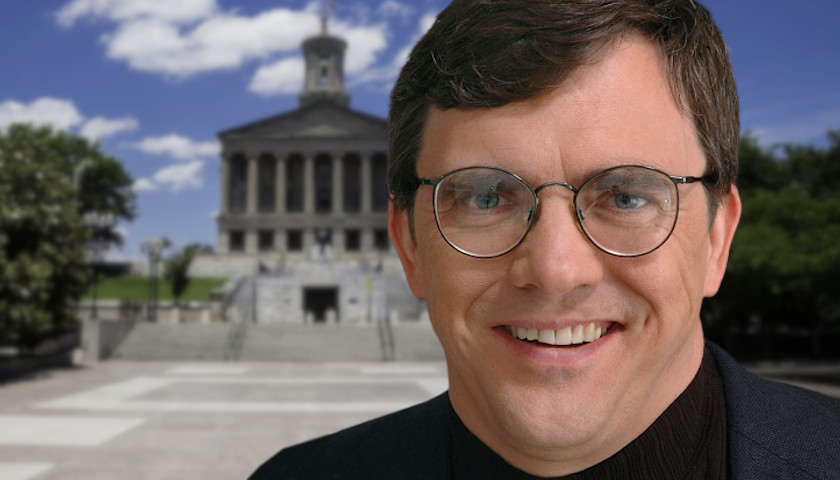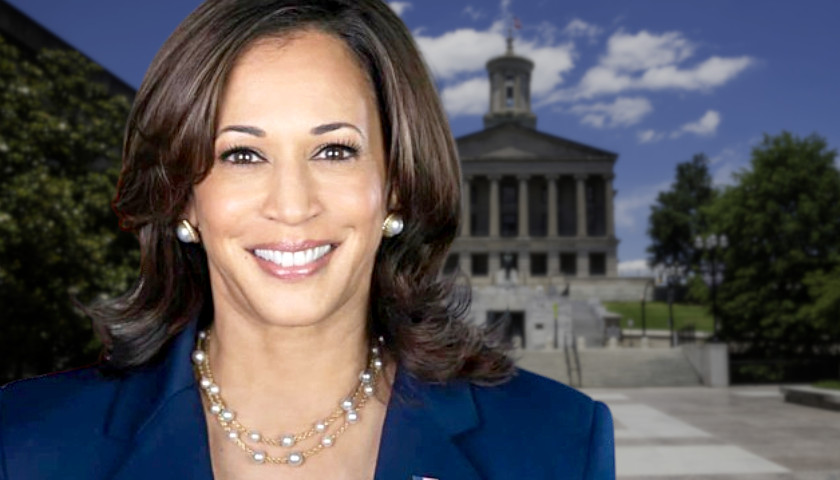University of Tennesse at Knoxville (UTK) Law Professor Glenn Reynolds on Thursday spoke to members of the Tennessee General Assembly about various topics, including a governor’s use of executive orders and the reasoning behind him having such power.
His appearance was before the Legislature’s Ad Hoc Committee to Study Emergency Powers.
Reynolds’s biography with the UTK, available here, lists his interests as law and technology and constitutional law issues. He is the co-author of Outer Space: Problems of Law and Policy. In tune with the music industry, Reynolds is a songwriter and producer for bands including Mobius Dick.
Reynolds wrote briefly about his experience with the General Assembly. That is available on PJ Media here.
My talk mostly focused on the Tennessee Constitution, though there were short sojourns into many other topics.
I have to say, I didn’t expect the very kind remarks that Attorney General Slatery made after my talk.
Video of Reynolds’ remarks is available from the Legislature’s website here.
He told the committee that people can generally be trusted to do the right thing in emergencies. While the state has been well governed during this emergency, that may not be true during the next crisis.
The Tennessee Constitution is “especially protective of liberty,” Reynolds said. He urged the committee not to fight the last battle in regard to the pandemic. They can require the governor to be transparent about his decisions. A pandemic is like a war: you revise your tactics. Public trust is easy to lose if they think you are lying. They may consider time limits for executive orders, among other actions.
Reynolds’ in-depth remarks about executive orders start around the 26 minute mark and were prompted by questions from state Sen. Kerry Roberts (R-Springfield). Reynolds had earlier mentioned the speed with which a governor could issue executive orders during emergencies.
Roberts mentioned “duck and cover drills” of the 1950s that were required for school students out of fears of nuclear war. In 1951, the Tennessee Legislature passed an act to grant the governor the power of executive orders. Roberts pondered “what it took for a senator or a representative to give up their constitutional authority.”
His conclusion: “They thought it would not be possible to communicate.”
Roberts asked Reynolds about that in light of instant communications options like Zoom.
Reynolds said, “That of course is for you all to decide” and it is possible for Legislatures to meet fast.
The professor also said, “Legislators meeting is not necessarily the same as legislators acting. And getting legislators to meet quickly does not guarantee swift action…and that is a structural thing, because they are designed to be deliberative bodies. And the executive is designed to execute.”
Reynolds also said, “But faced with a crisis, legislators can often pull their socks up and move pretty fast.”
Roberts also asked about the Tennessee Constitution, Article 2, Section 2: “No person or persons belonging to one of these departments shall exercise any of the powers properly belonging to either of the others, except in the cases herein directed or permitted.”
Roberts said he was interested in this: “except in the cases herein directed or permitted” and asked Reynolds what does that mean for legislators if they try to pass legislation.
Reynolds said there is little case law around that topic. He also said the legal trend has been to treat the Tennessee Constitution like that of the U.S. Constitution in interpretation.
The Tennessee Constitution is available here.
Reynolds also was asked about the executive orders for masks conflicting with a law making it a felony for concealed carry permit users from wearing a mask while going armed. Reynolds said that would make for a good Tennessee Supreme Court case. He said he believes it is a violation of due process to force a person to violate one law while he or she is trying to comply with another law, much less the Right to Bear Arms.
– – –
Jason M. Reynolds has more than 20 years’ experience as a journalist at outlets of all sizes.
Photo “Glenn Reynolds” by Glenn Reynolds. CC BY-SA 3.0.








